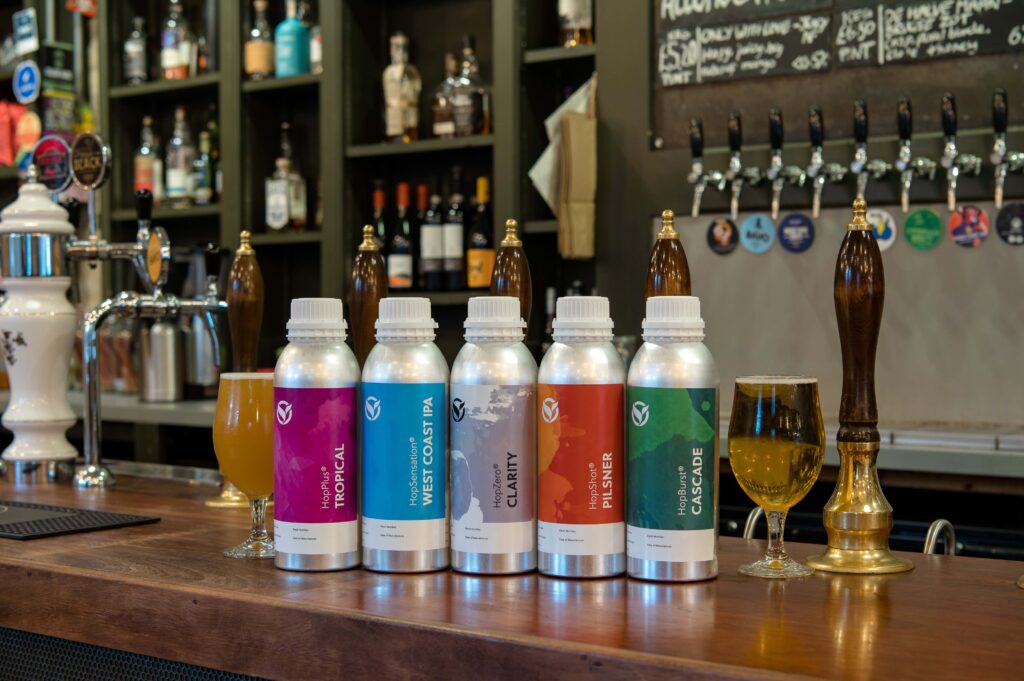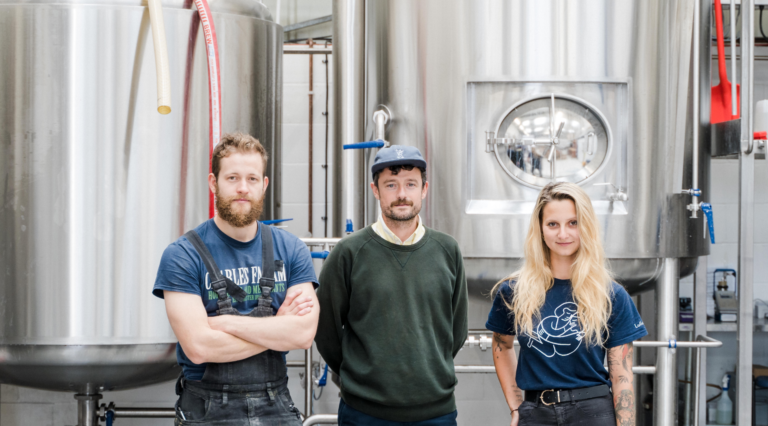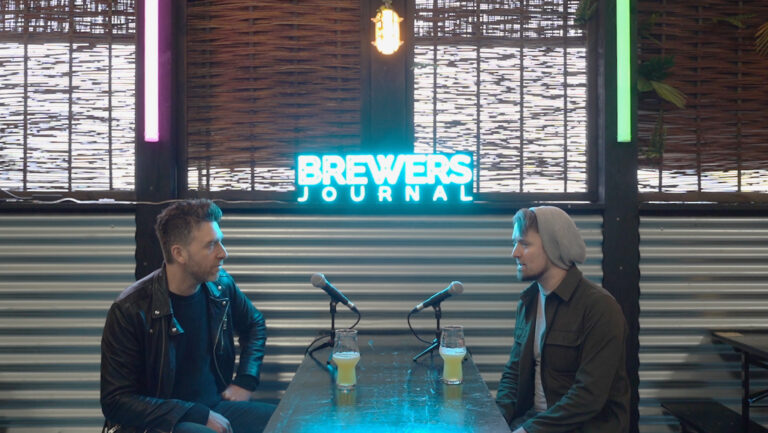By optimizing brewhouse efficiency, diversifying product quality, and reducing environmental impact, liquid hop products align with the global call for a more sustainable and eco-friendly future in brewing, explains Breeze Outhwaite, senior innovations Scientist at Totally Natural Solutions.
In an era marked by unprecedented ecological, economic, and societal challenges, industries worldwide must overhaul their practices to reduce resource consumption, reverse the effects of waste pollution and align with net-zero goals to mitigate the impacts of climate change.
The brewing industry is no exception, with market demands driving a collective effort among brewers and consumers to reduce their environmental footprint. Advanced liquid hop extracts have emerged as a valuable tool in achieving sustainability goals by enhancing brewhouse efficiency, beer diversification and product quality whilst concurrently reducing costs for breweries.
According to Persistence Market Research, the hop extract market is poised to double, exceeding $2 billion in the next decade. While hop extracts have existed for years, recent technological advancements and innovations in the craft and global brewing industries have catapulted their status from a mere novelty to an indispensable ingredient for improving brewhouse sustainability.
Pioneering this evolution since 2011, Totally Natural Solutions has played a leading role, employing patented fractionation techniques, innovative research and development, and close collaboration with hop farmers and brewers to ensure top-quality beer.
Advanced hop extracts offer an array of options to brewers, serving as a versatile solution to enhance flavour, aroma, bittering, haze, and attributes of no/low alcohol beers.
Dry-hop substitution products have gained popularity as standardized, fully soluble, varietal-specific hop essential oil solutions, typically added during or post fermentation.
The substitution of hop pellets with liquid hop extracts in a pale ale increased beer yield by 10.2%.
Breeze Outhwaite
Switching from traditional pellet dry hopping to liquid extracts can help brewers achieve their sustainability goals by eradicating the need for spent hop removal as demonstrated in a recent study published in Brewing Science, which showed that substitution of hop pellets with liquid hop extracts in a pale ale increased beer yield by 10.2%.
By eliminating the need for hop matter removal, hop extracts substantially reduce the amount of waste generated during the brewing process resulting in increased beer yield and overall profitability. These benefits allow brewers to support the UN’s Sustainable Development Goal of responsible consumption and production, one of a package of UN policies designed to improve human lives and protect the environment.
The efficiency of essential oil extraction also sets liquid extracts apart. As reported by the Shellhammer group, University of Oregon, dry-hopping with pellets has an essential oil extraction efficiency of 33 – 51%, whereas dry-hop substitution products, such as the HopBurst® range provide 100% utilization rates.
This increased efficiency translates into fewer hops needed to achieve equivalent results, reducing the demand for land, water, and resources, thus contributing to a more sustainable brewing process.
One of the most remarkable aspects of advanced hop products is the downstream diversification of wort streams in the brewing industry. This approach allows brewers to create multiple beer styles post-fermentation.
This innovative approach involves splitting a base beer to incorporate various combinations of aroma, bittering, no/low alcohol, or haze products, offering unlimited possibilities for experimentation and product differentiation whilst significantly enhancing brewhouse efficiency.
One of the most innovative tools in wort stream differentiation is a patented fractionation technique employed by Totally Natural Solutions that provides advanced extraction of essential oils from hops, allowing brewers to fine-tune the flavour, aroma and functionality of their beer profiles with unprecedented precision.
One of the outcomes of this proprietary process is the HopZero® range, a 100% hop-derived product which removes undesirable attributes associated with low-alcohol and carbohydrate beers without resorting to energy-intensive processing. The patented fractionation technique, coupled with the exclusive use of environmentally friendly processing aids, ensures a sustainable and eco-friendly approach to brewing.
However, the impact of reimagining one brew into various beer styles using only bright beer tank additions is wide reaching.
Due to their ready solubility and downstream addition, bittering and essential oil extracts can reduce the boil and dry hop tank residency timelines, remove the need for disposable hop filters as well as reduce the volume of water required for cleaning. Furthermore, advanced liquid hop products can be stored at room temperature for up to two years, eliminating the need for refrigeration.
The recyclable and compact packaging not only reduces shipping and transportation energy but also lowers costs when compared to traditional hop pellets.
To ensure widespread adoption and awareness of the benefits of advanced hop extracts, education is key. It is important for brewers, industry professionals, and consumers alike to understand the positive impact that these sustainable practices can have on the brewing ecosystem.
However, it is equally important to provide pragmatic information to educate brewers and scientists on how to implement these products into the brewing process, from microbrewery all the way up to industrial scale.
In conclusion, the integration of advanced hop extracts is transforming the brewing industry’s sustainability landscape.
By optimizing brewhouse efficiency, diversifying product quality, and reducing environmental impact, these liquid hop products align with the global call for a more sustainable and eco-friendly future in brewing.
As brewers increasingly adopt these innovations, the industry moves closer to a harmonious balance between flavour excellence, ecological responsibility, and the exciting final product innovation.








